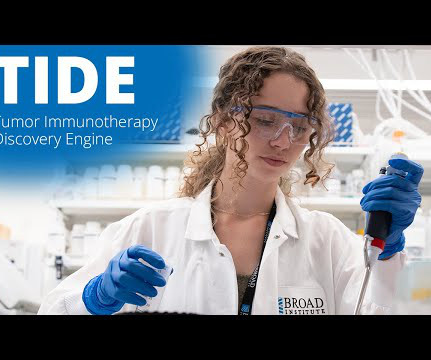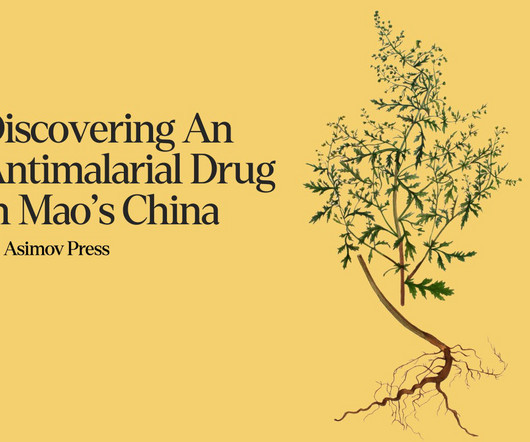How to advance AAV-based gene therapies
Drug Discovery World
OCTOBER 18, 2023
Sara Donnelly, Director of Research Planning and Business Development at PhoenixBio USA explores why the right pre-clinical model is essential for teams wanting to advance adeno-associated virus vector-based gene therapies. Adeno-associated virus (AAV) vector-based gene therapies hold exceptional promise across a range of disease areas.













Let's personalize your content